Why Your Dog Farts and What to Do About It
Dog farting is a common experience for many pet owners. These natural occurrences can startle with their strong and unexpected smells. While usually not a concern, the presence of too much gas may signal a health issue that might need attention.

Understanding the causes of dog flatulence is important for pet health. Exploring what is normal and identifying when there might be a problem are key steps for any dog owner.
Understanding Dog Flatulence
Dog flatulence can happen for many reasons. One common cause is diet. Foods that are high in fiber or contain soybeans, beans, and peas can lead to gas. Fatty or spicy foods might cause trouble too. It’s important to check ingredients and watch for changes when introducing new foods.
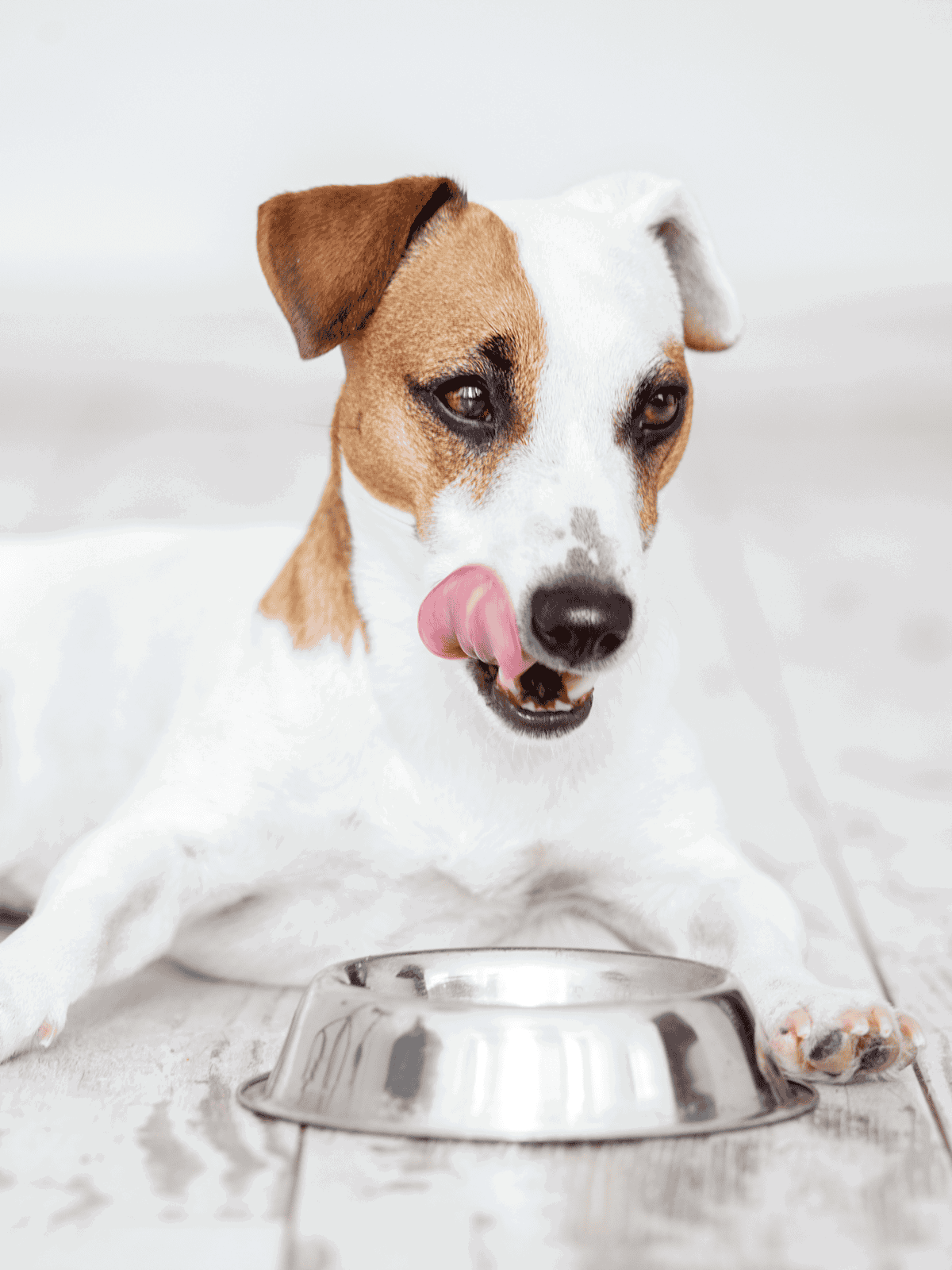
Some dogs may have food allergies or intolerances. Ingredients like dairy or gluten can sometimes be the culprits. It’s worth exploring whether removing certain foods helps reduce gas.
Health issues can also cause flatulence. Problems with the digestive system, like inflammatory bowel disease or parasites, can lead to gas. It’s crucial to consult a vet if there’s a sudden increase in flatulence accompanied by other symptoms like diarrhea or weight loss.

Understanding these factors can help manage or reduce your dog’s flatulence. While occasional gas is normal, persistent issues may require a closer look at diet, habits, or health. Awareness and observation are key tools for addressing flatulence in dogs.
Why Do Dogs Pass Gas?
Your Pet’s Food Choices
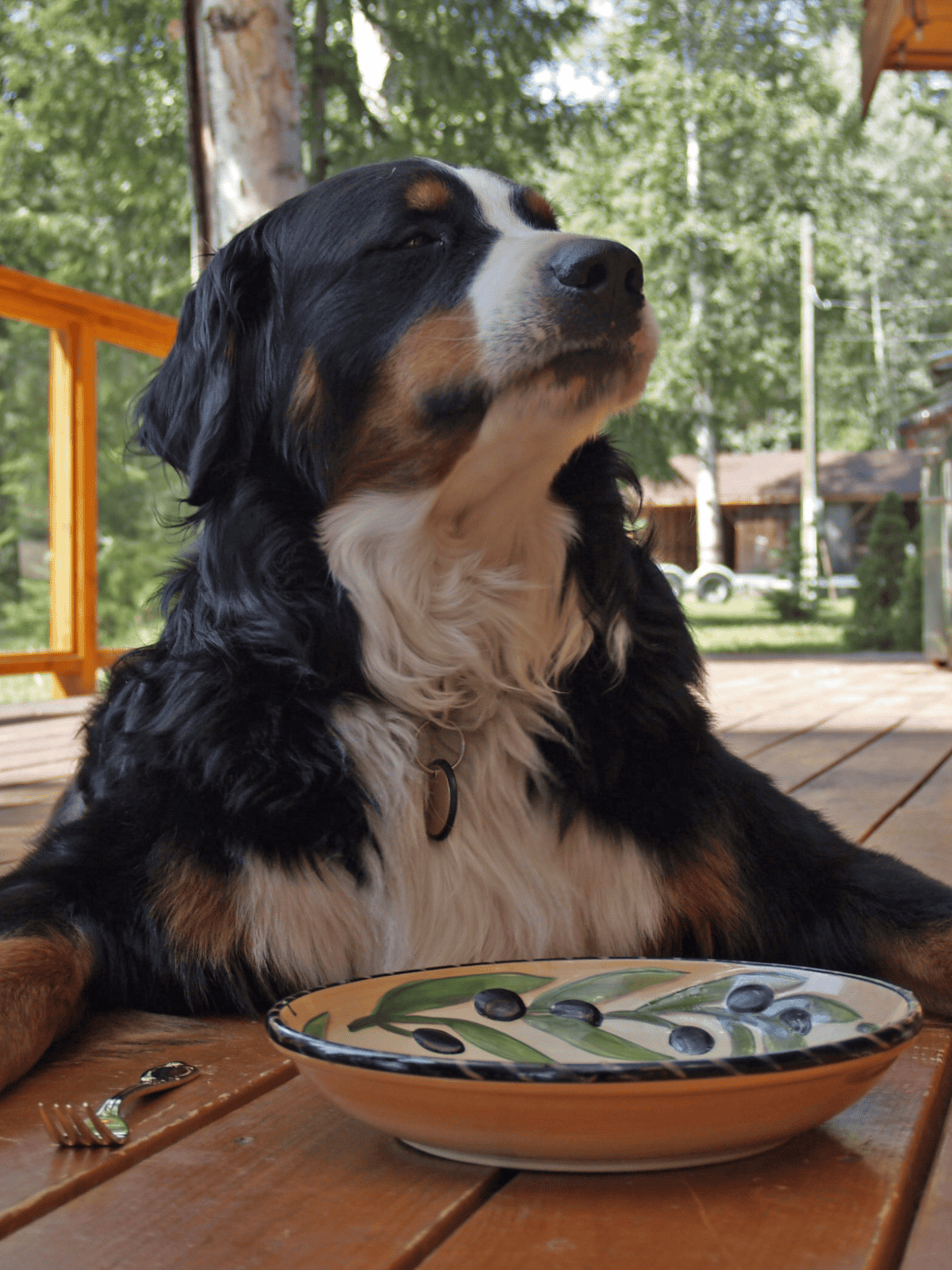
What dogs consume greatly affects their digestive system. Certain foods tend to be harder for dogs to break down and can cause gas problems. These include changes in their usual meals, meals containing soybeans and beans, spoiled food, meals high in fat content, spicy and dairy foods. When bacteria break down these foods, it can lead to unwanted gases being released.
Air Ingestion
A common source of gas in dogs is simply the air they take in. This can occur when they eat too quickly, often due to competition for food with other animals. Eating right after exercise, before they have calmed down, can also lead to swallowing extra air. Moreover, a respiratory issue that speeds up breathing might cause this problem as well.

Dogs with short snouts, like brachycephalic breeds, are prone to taking in more air due to the position of their noses. Also, heavy breathing after active play or running can lead to extra air being gulped down.
Digestive System Issues
Medical problems may contribute to frequent gas in dogs. Some of these are serious, like bowel conditions that might bring about symptoms such as diarrhoea and vomiting. Appetite loss and weight change are also concerning signs.

Conditions such as Inflammatory Bowel Disease (IBD) or bacterial overgrowth can affect gas production. Bowel cancer is another possible cause. Other health concerns include food allergies, worms, viral gut infections, or pancreas issues that weaken digestion.
Enjoying this read?
We publish this content for free to generate interest in our Premium members' area. By subscribing, you can ask the writer any questions related to pet care and this article, get access to 100+ Premium Pet Care Guides and go Ad-Free with DogFix Premium for $2.99.
Health Implications of Frequent Gas
Frequent gas in dogs might be harmless, or it could signal a health issue. It is important to know when it’s typical and when to worry.
Normal Digestive Process
Dogs naturally produce some gas. Their digestive system breaks down food, which creates gases. Small amounts are normal and happen daily.

Diet affects gas. Foods causing gas include beans, dairy, and high-fat items. Fast eating can also lead to swallowing air, which increases gas.
Regular farts are not usually an issue. They are part of digestion and should not cause discomfort. If your dog seems happy and healthy, gas is often just a normal function. Monitoring their diet can help reduce it, too.
Warning Signs for Concern
Excessive gas may indicate health problems. If farts are very smelly or happen too often, it might be a concern.
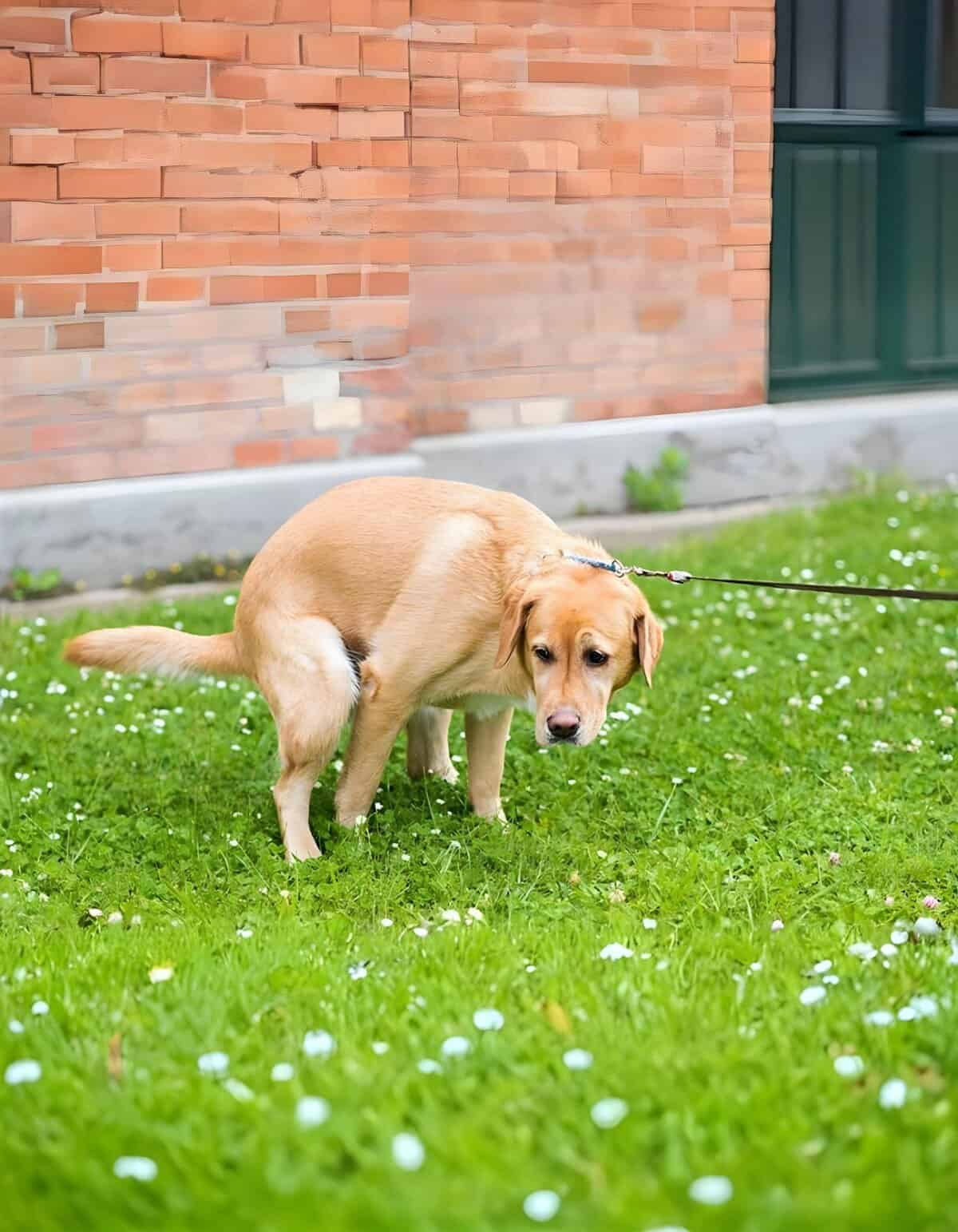
Look for other symptoms like diarrhoea, vomiting, or a swollen belly. These can signal a bigger issue. Conditions like food allergies, irritable bowel syndrome, or infections could be to blame.
If you see these signs, consult a vet. They can check for underlying health issues. Early detection helps manage potential health problems, keeping your dog comfortable and healthy. Adjusting diet and treatment can often resolve these concerns.
Assessing Your Dog’s Diet
Diet plays a big role in how often your dog has gas. Understanding which ingredients to avoid and which foods to recommend can help reduce the issue.
Ingredients to Avoid
Certain ingredients in dog food can make gas worse. Foods with soy, corn, or wheat are often harder for dogs to digest. They may lead to bloating and farting.
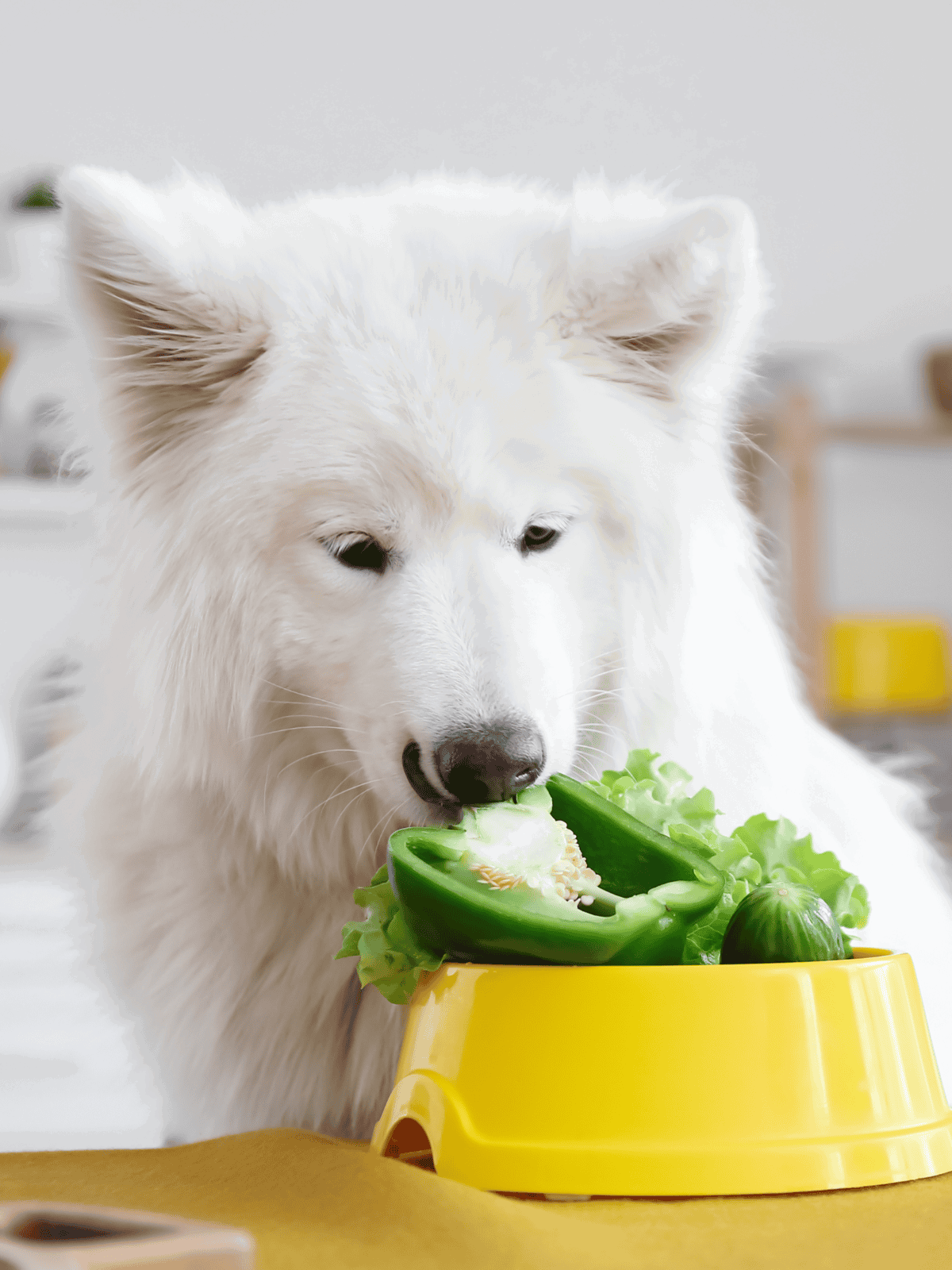
High-fat foods can also cause problems. Avoid table scraps, as they may contain rich foods that upset your dog’s stomach.
Some dogs are sensitive to dairy products. Milk and cheese can cause gas if your dog cannot digest lactose well. It’s important to check if your dog’s food has these ingredients. If it does, consider switching to a different brand.
Recommended Foods
Choosing the right foods can decrease your dog’s gas. Look for products with high-quality proteins like chicken, fish, or lamb. Whole grains such as brown rice or oats are usually easier for dogs to digest.
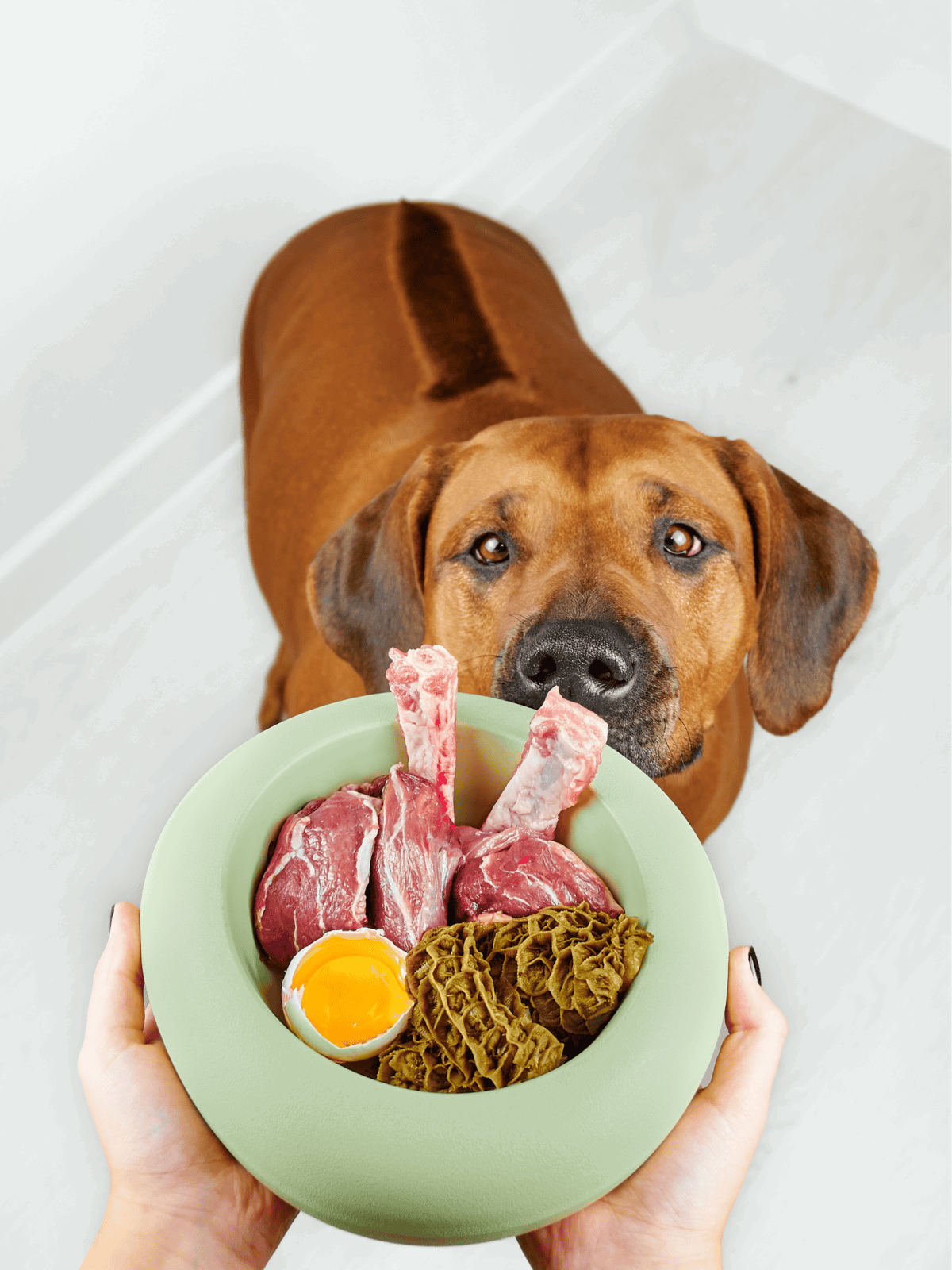
Vegetables like sweet potatoes or carrots provide fibre without causing gas. These ingredients help maintain a healthy digestive system.
Probiotics and digestive enzymes are great additions. They assist with digestion and reduce gas. Some dog foods already include them, but supplements are also available. Make sure to read labels and choose foods that fit your dog’s dietary needs.
Home Remedies for Dog Flatulence
Dog flatulence can be managed with changes in exercise and diet. Increasing physical activity and trying natural supplements may help reduce gas.
Exercise and Physical Activity
Regular exercise keeps a dog’s digestive system moving. When dogs are active, it can help reduce the build-up of gas in their intestines. Simple activities like walking or playing fetch can be effective. A daily routine of at least 30 minutes of exercise can make a difference. For dogs with flatulence, try spreading meals throughout the day and take them for a walk after eating.

Just like in humans, movement in dogs can aid digestion. Make sure not to exercise immediately after large meals as this can lead to other issues.
Natural Supplements
Some natural supplements may help lessen dog flatulence. Probiotics can support gut health by increasing good bacteria. They often come in powder form which can be added to food. Digestive enzymes may also aid in breaking down food more efficiently, reducing gas.

Herbs like ginger or fennel can help, too. They can be added to a dog’s diet in small amounts. Always consult a vet before introducing new supplements to ensure they are safe for the dog. Adjustments can be gradual to monitor the dog’s response.
Probiotics and Digestive Enzymes
Probiotics are live bacteria that help keep a dog’s gut healthy. They balance the bacteria in the digestive system, which can reduce gas and improve digestion. These can be found in foods like yoghurt or given as supplements.
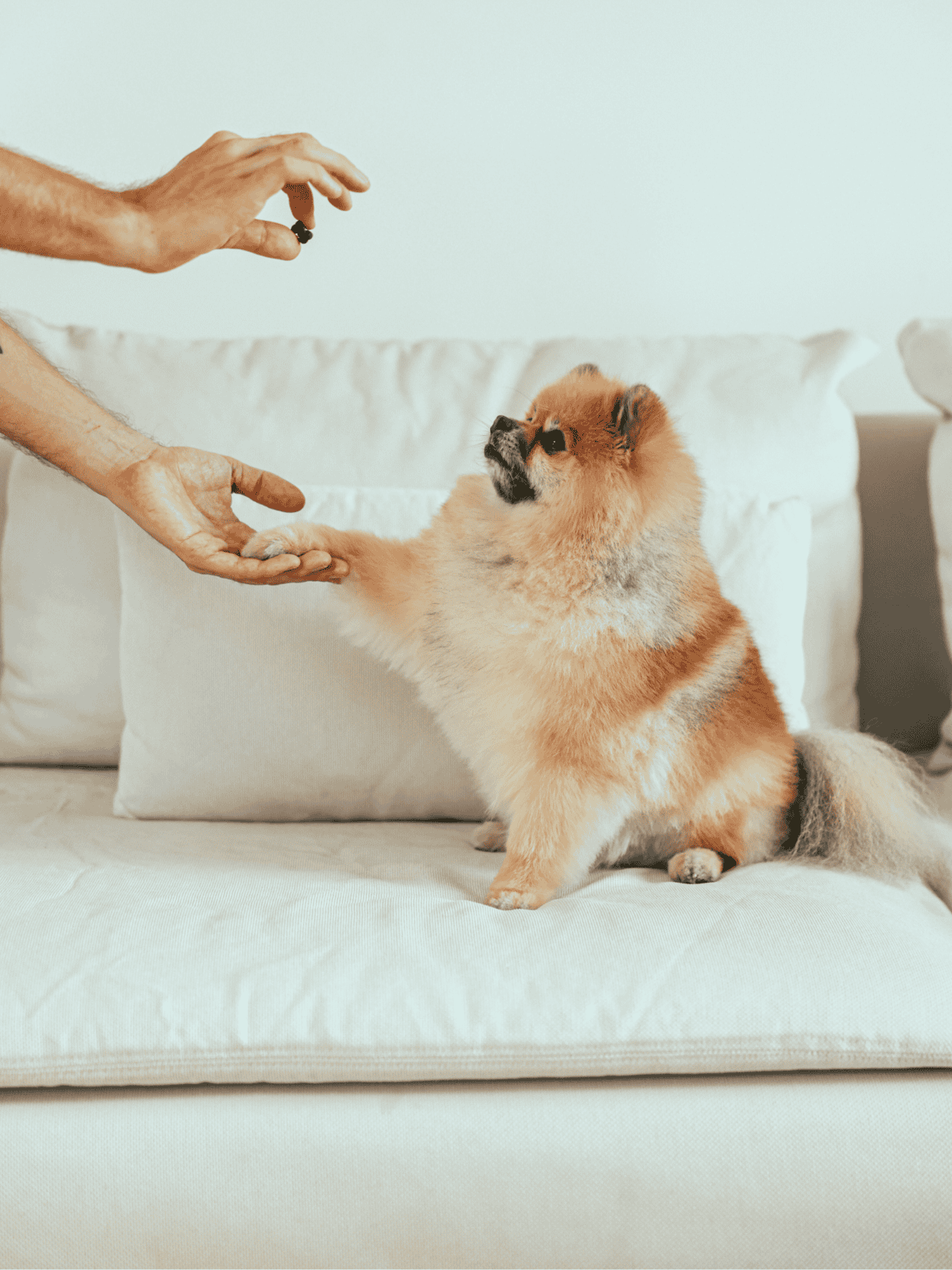
Digestive enzymes help break down food. They aid in breaking proteins, fats, and carbs, making digestion easier. If a dog is having trouble digesting food, adding these enzymes might help.

When considering supplements, it’s always best to ask a veterinarian. They can recommend the right ones for your dog’s needs. Starting with small amounts ensures the dog adjusts well to the new additions.
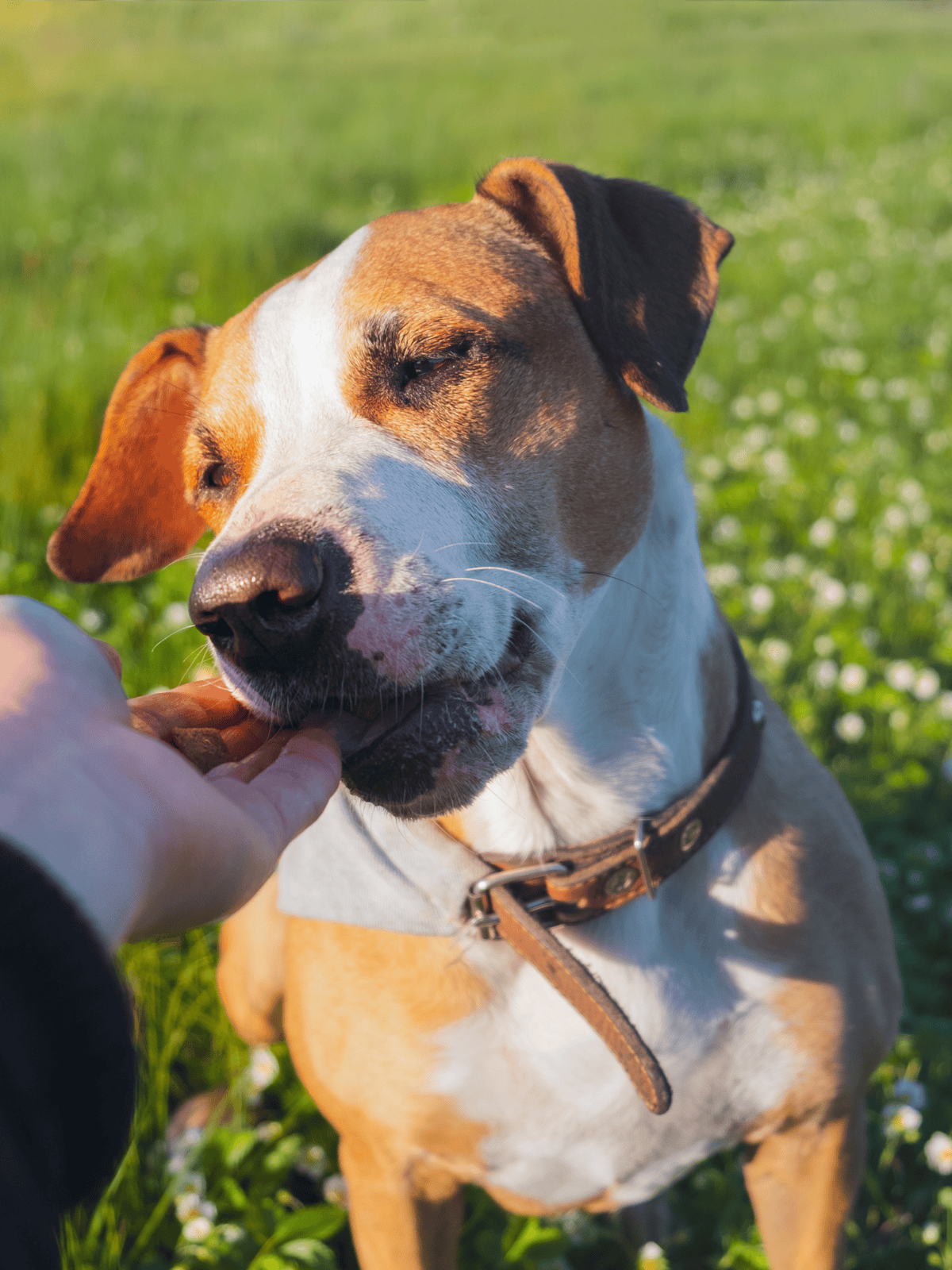
Incorporating probiotics and digestive enzymes into a dog’s diet could make meals more comfortable. This might lead to less gas and a happier dog.
Why Do Dog Farts Smell So Bad?
Dog farts can be quite smelly for a few reasons. Many times, it is linked to what they eat. Some foods, especially those high in sulfur, can make gas that smells like rotten eggs. Foods with a lot of fiber can also lead to stronger odors because they take longer to break down in the body.
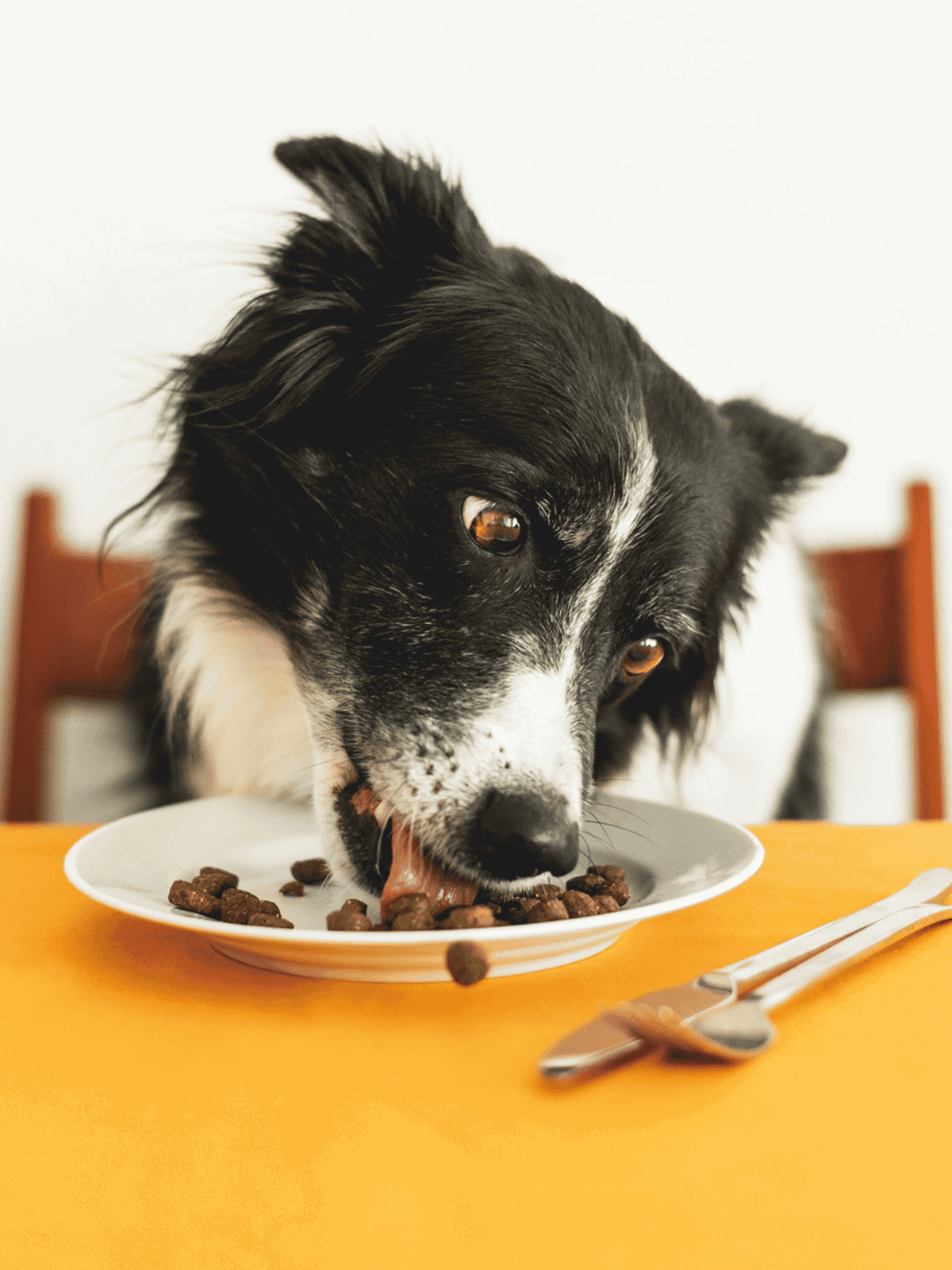
Dietary issues are another cause. For instance, some dogs can’t digest lactose. This can lead to food fermenting in their gut, which produces a bad smell.
There can be other causes too. Problems like bacterial infections or inflammation in the intestines can result in very smelly gas. Dogs might also experience smelly farts if the food takes too long or goes too quickly through their digestive system.
Dogs with these issues might be in discomfort, so it’s important to check with a vet if there are ongoing problems.
Visiting the Vet
While it’s common for dogs to pass gas occasionally, frequent gas or rumbling noises from the belly are reasons to consult a veterinarian. Persistent gas, especially when paired with other health issues, may indicate a problem.
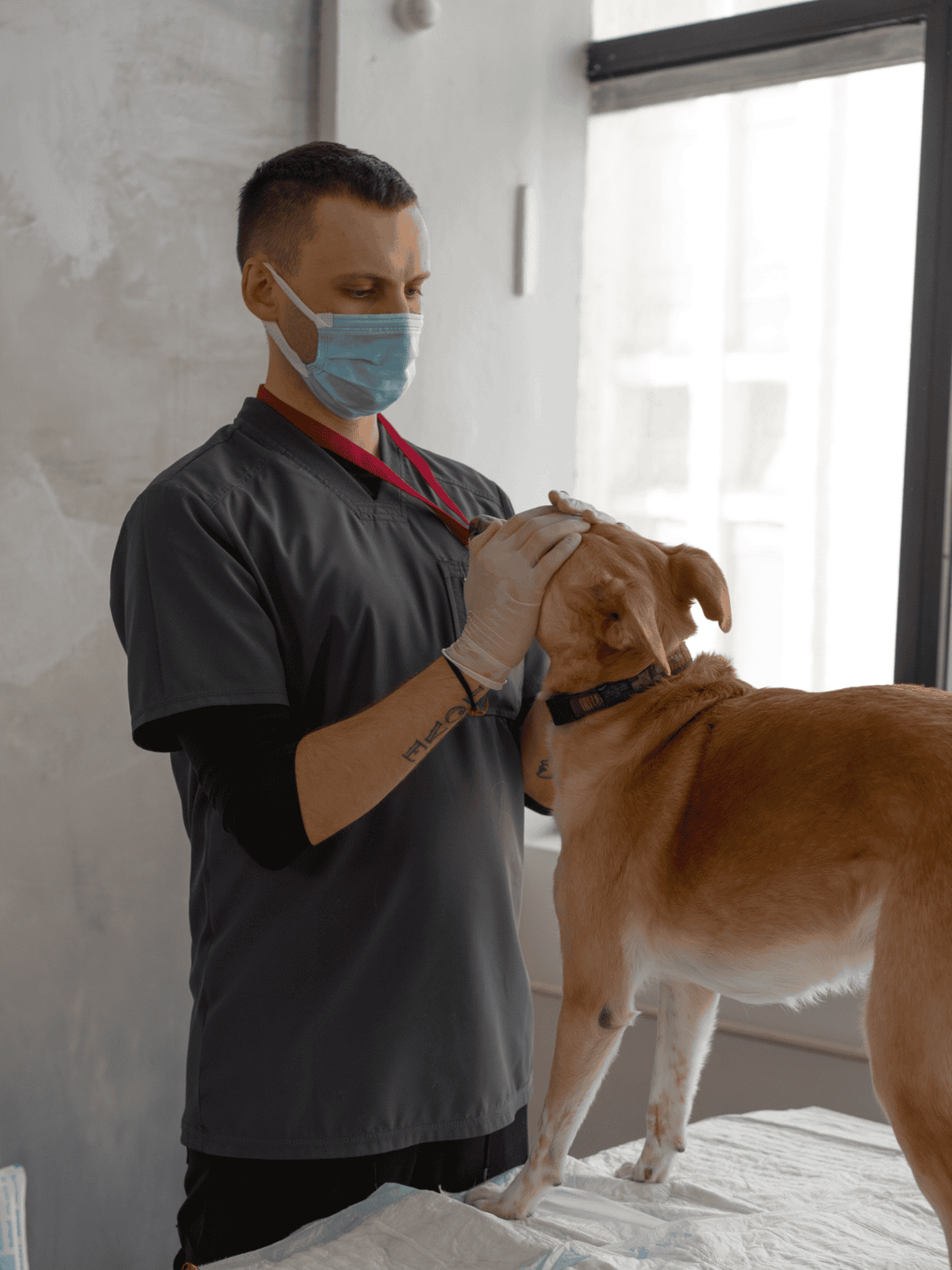
Watch for symptoms such as vomiting, diarrhoea, weight loss, lethargy and loss of appetite. If these signs accompany flatulence, it’s wise to seek veterinary advice. Early intervention can help address potential underlying health concerns.
Ways to Reduce Dog Gas
Dealing with dog gas can be frustrating. Regular exercise helps dogs digest food more effectively, reducing gas buildup. Giving your dog smaller meals during the day instead of one or two large ones can help too. This helps to avoid overwhelming their stomach.
Eating Environment
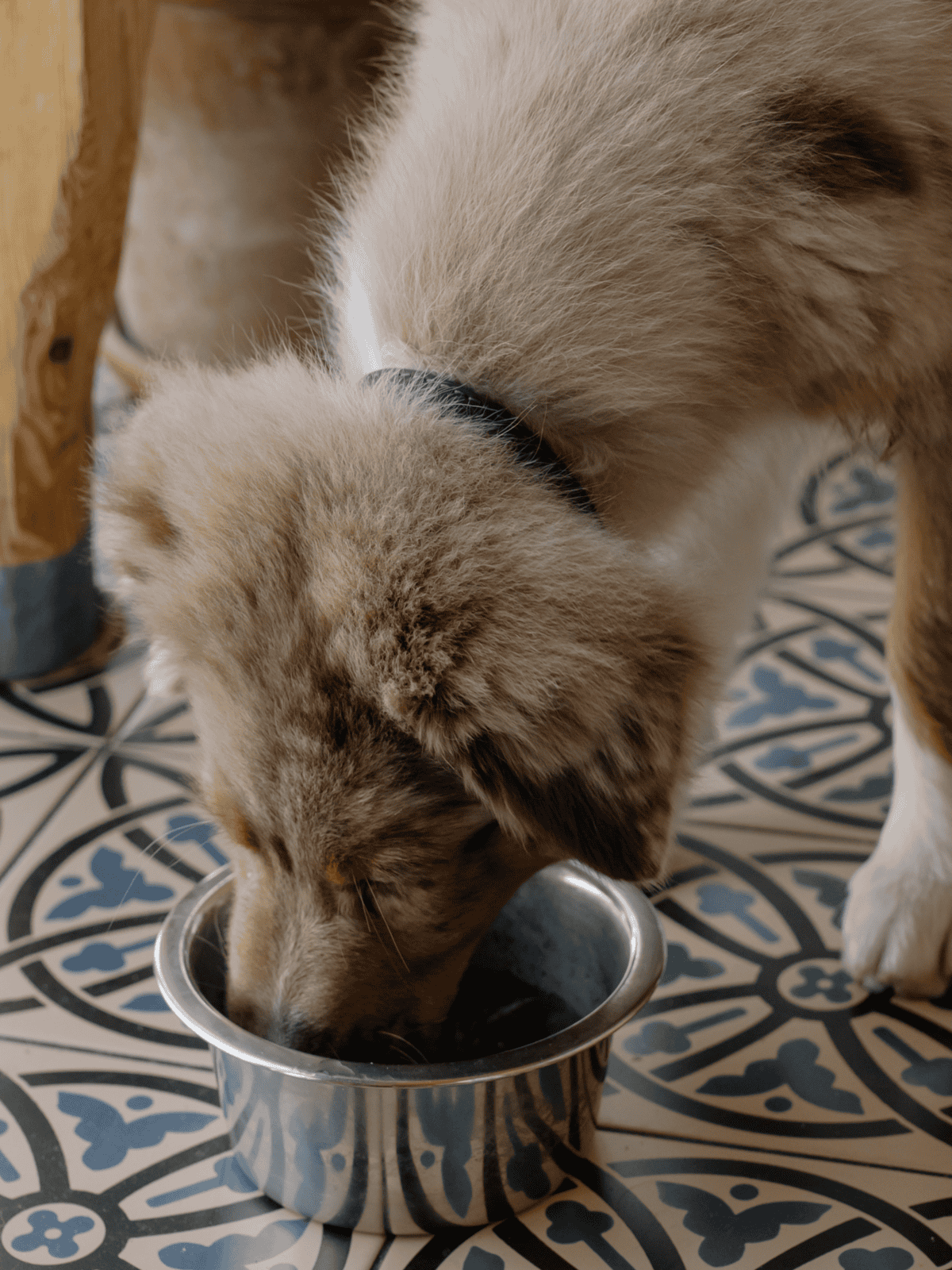
Make sure your dog eats in a calm, quiet spot. This prevents stress and competition, and helps with digestion. A diet that’s easy to digest is important. Look for foods specifically designed to be gentle on the stomach.
Dietary Adjustments
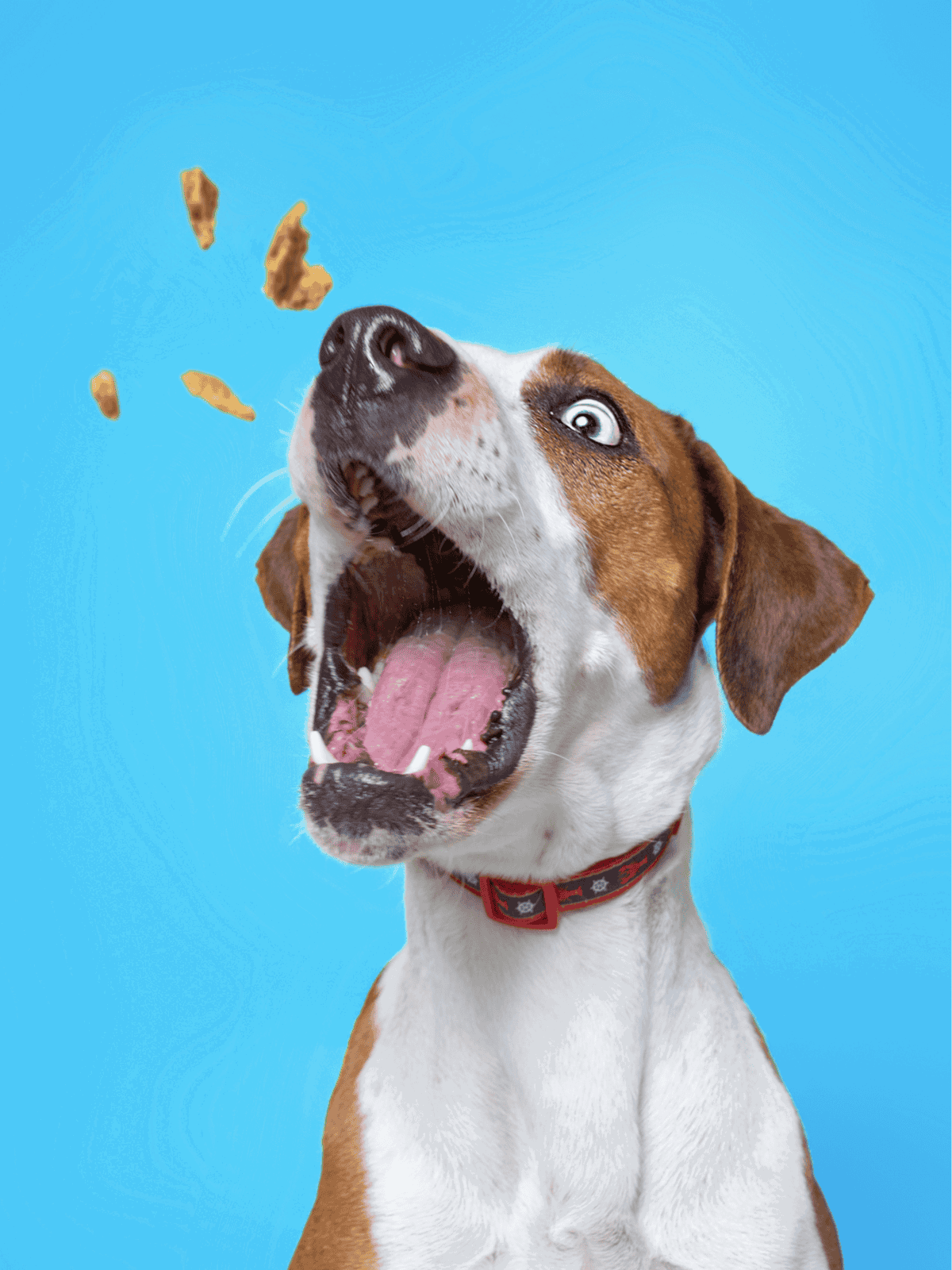
When it comes to treats, choose those low in fibre and made just for dogs. If changing your dog’s protein or carbohydrate source, do it slowly and consult with a vet to avoid upset stomachs.
Safety Precautions
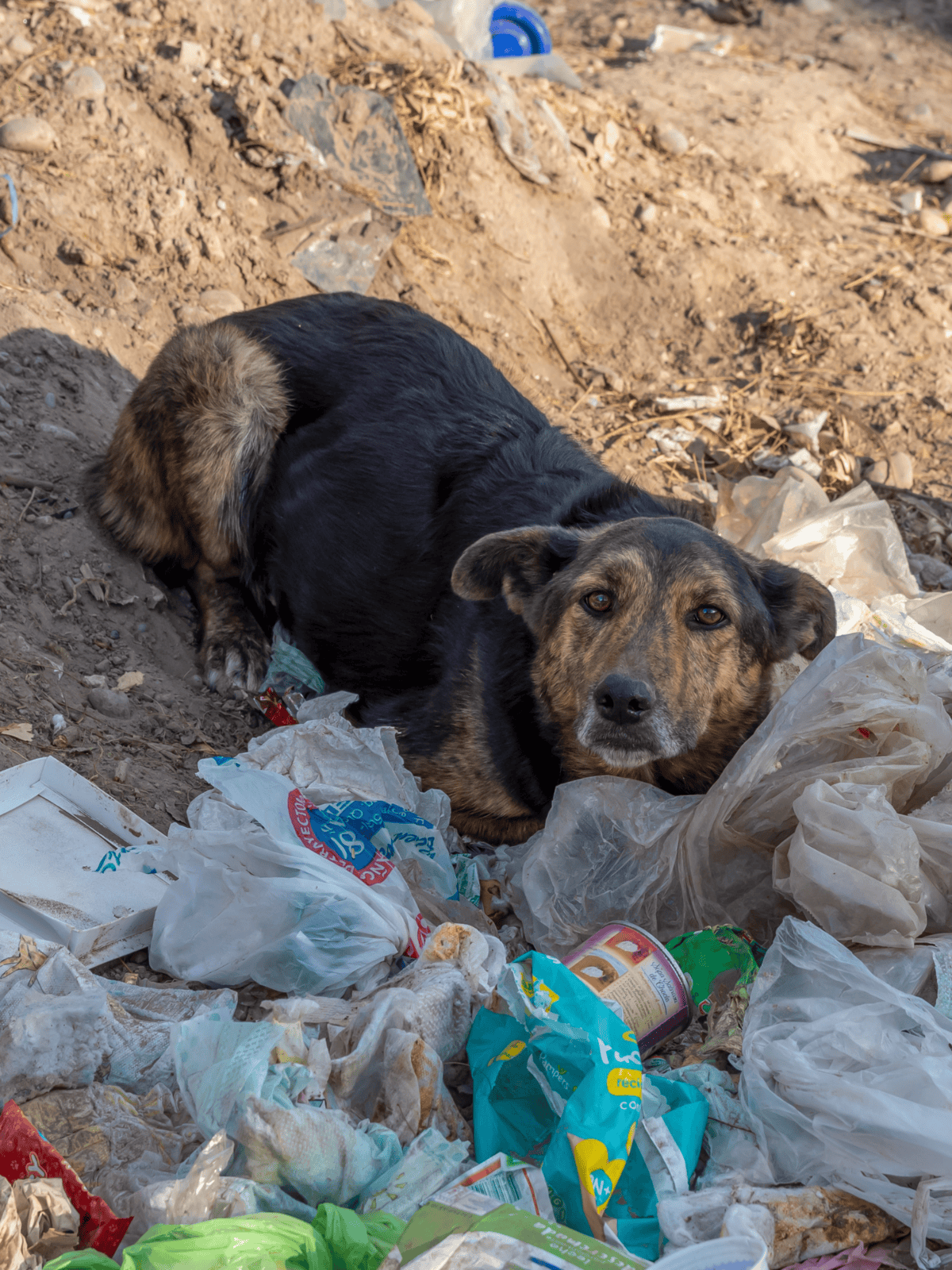
Secure garbage cans and ensure dogs don’t access places with discarded food. Keeping them away from trash can prevent them from eating things they shouldn’t, which can lead to gas and other digestive issues.
Behavioural Factors and Stress
Flatulence in dogs can often be linked to stress and anxiety. By understanding and addressing these behavioural factors, pet owners can help reduce gas and improve their dog’s well-being.
Anxiety and Flatulence Connection
Dogs, like humans, can experience anxiety. Stress might be triggered by new environments, loud noises, or separation from their owners. This anxiety can affect their digestive system, leading to gas. When a dog is stressed, it may eat too quickly or swallow air, which can cause flatulence.
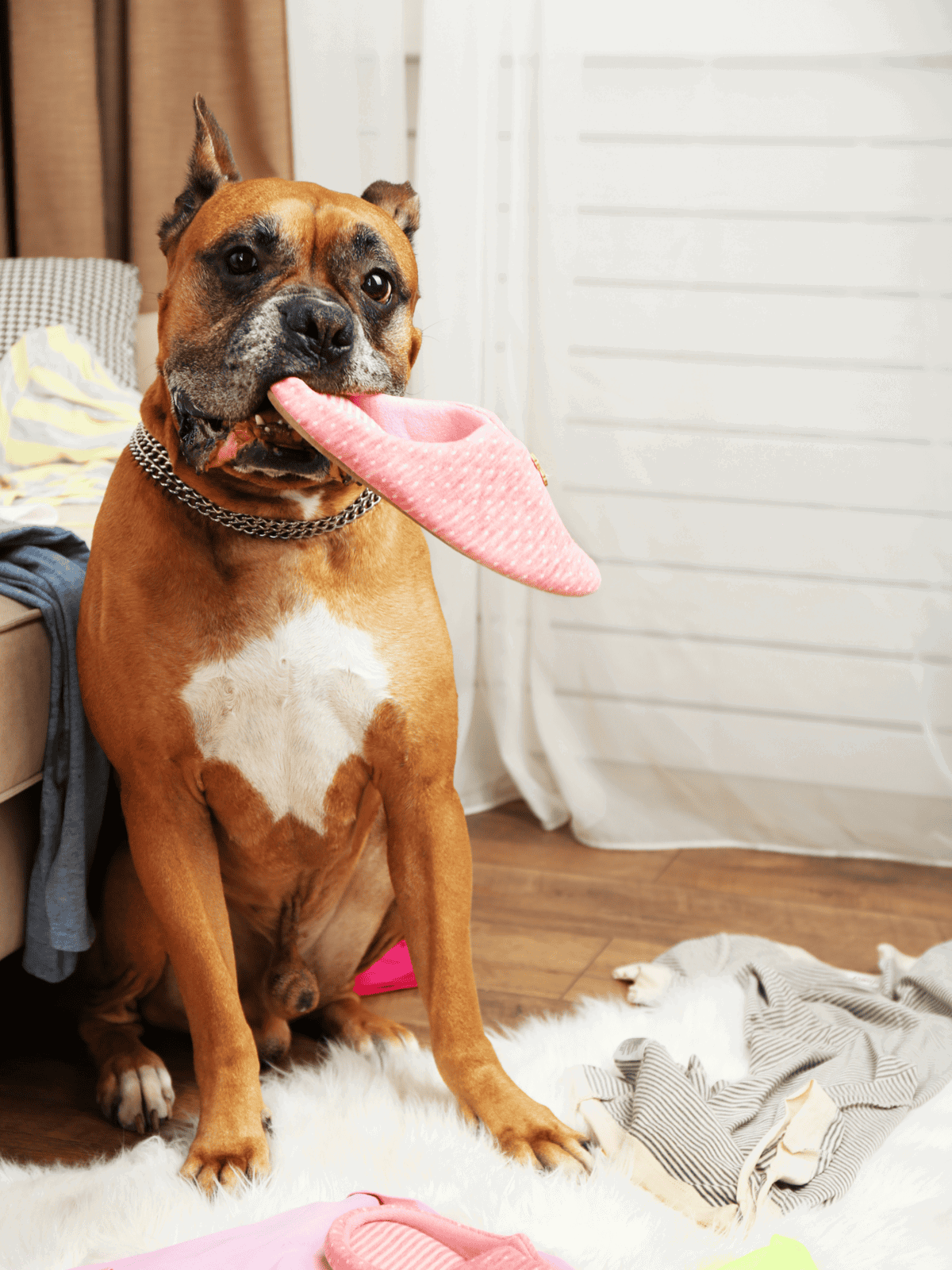
Signs of anxiety in dogs include pacing, whining, or hiding. Addressing these signs is vital. Calming techniques, such as gentle petting or playing soothing music, might help. Regular exercise can also reduce anxiety by burning off excess energy.
Training to Reduce Stress
Training your dog can be an effective way to manage stress. Consistent daily routines provide structure and help dogs feel secure. Commands like “sit” or “stay” offer discipline and can decrease anxiety levels.
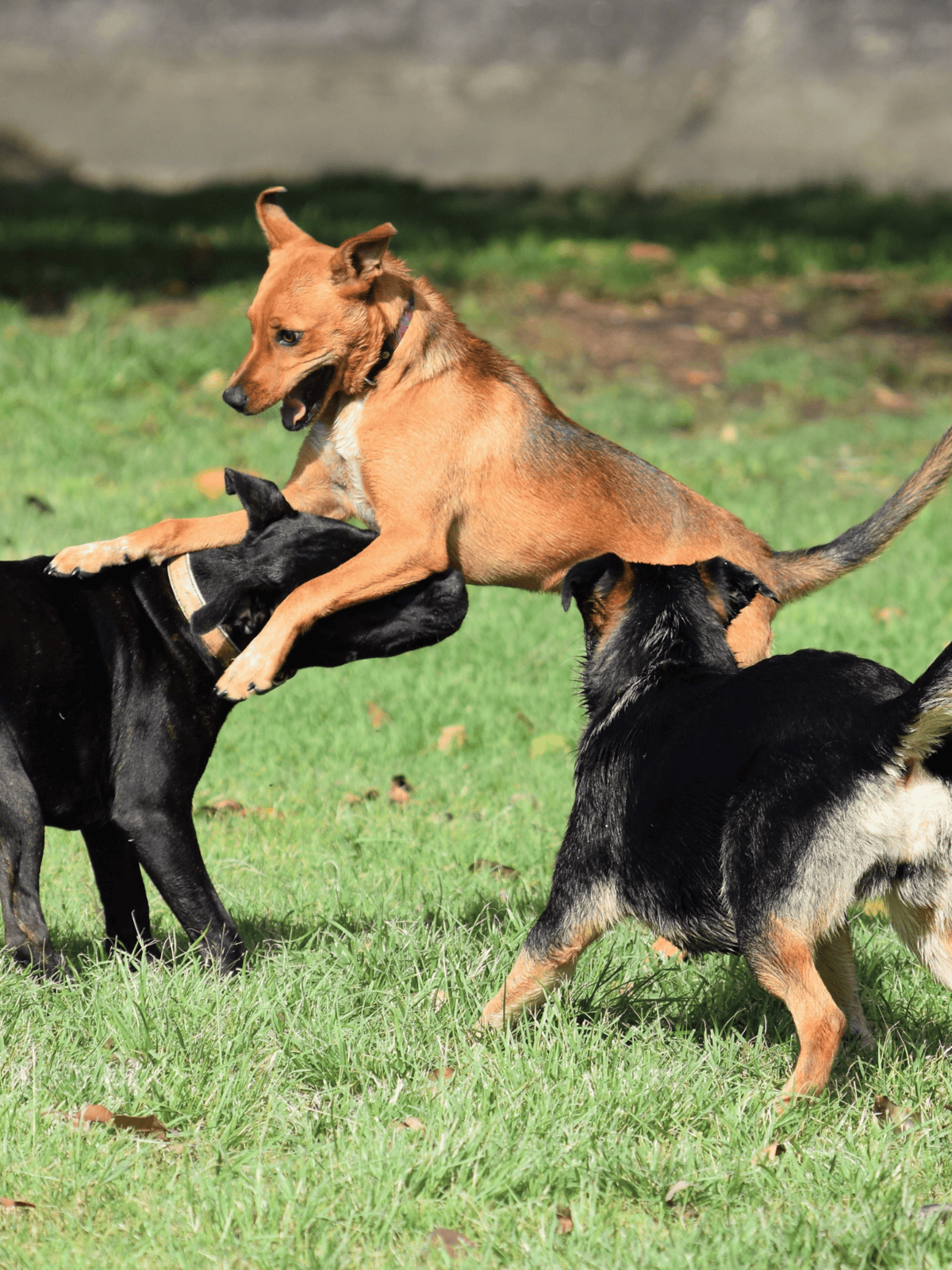
Socialisation is crucial. Exposing dogs to different environments and other animals in a controlled manner helps them adapt better. Training sessions should be positive experiences. Using rewards, such as treats or praise, reinforces good behaviour and encourages a calm demeanour.
Selecting the Right Dog Food
Choosing the correct food for your dog can help reduce gas. It’s important to check labels for ingredients and understand the role of fibre in digestion.
Analysing Dog Food Labels
Reading the labels on dog food is crucial. The first few ingredients listed are the most important. Look for real meat like chicken or beef at the top of the list. Watch out for fillers such as corn and soy, as these can cause gas.
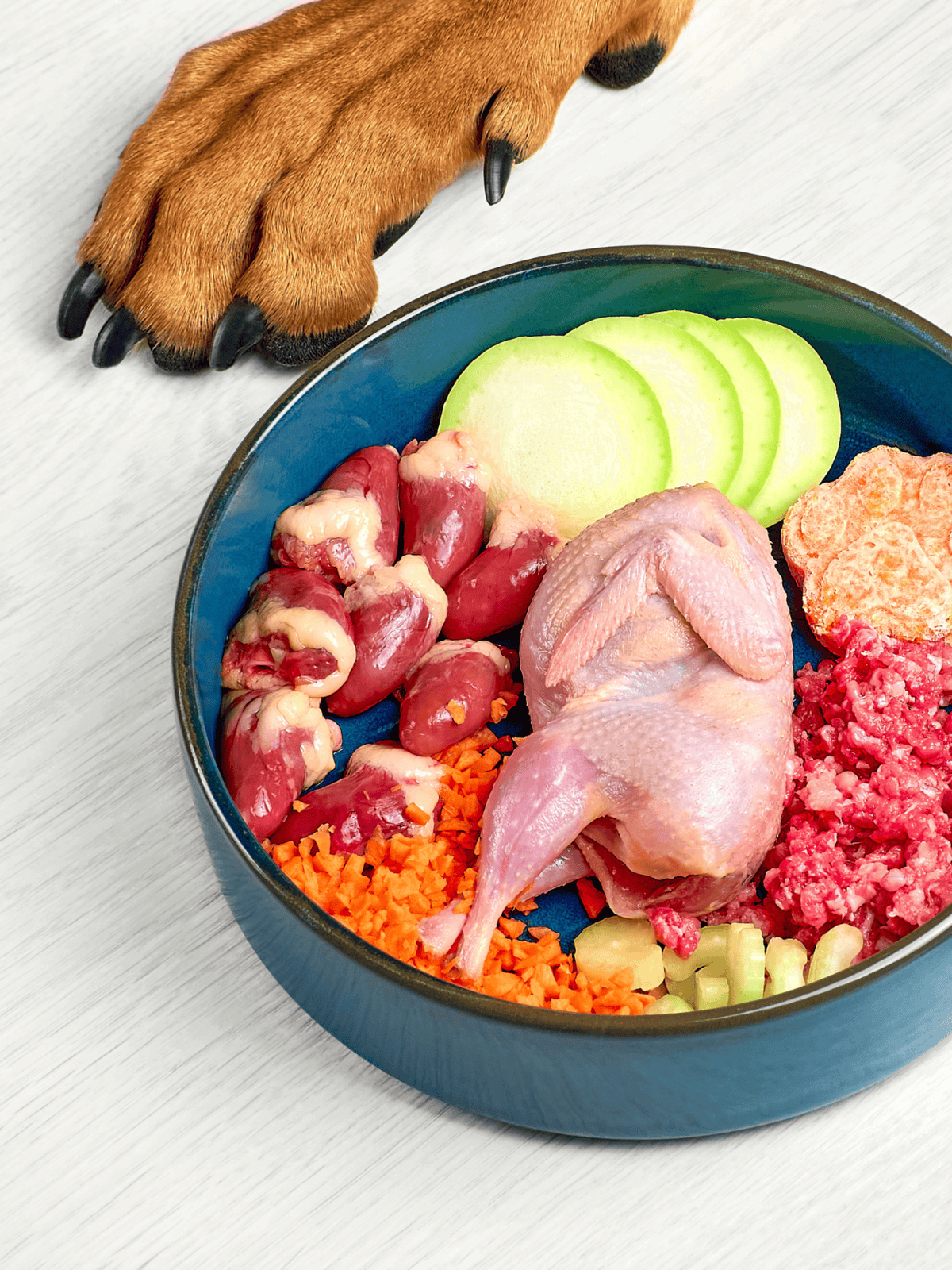
Check for additives and preservatives. Natural options like rosemary extract are better than artificial ones. The protein and fat content also matter. Aim for a balanced diet with adequate protein and healthy fats. If unsure, consult with a vet to ensure it fits your dog’s needs.
The Role of Fiber
Fibre is key in a dog’s diet, impacting digestion. Proper fibre levels help regulate bowel movements and reduce gas. Foods high in fibre like pumpkin and oats are good choices. They can make stools more solid and less smelly.
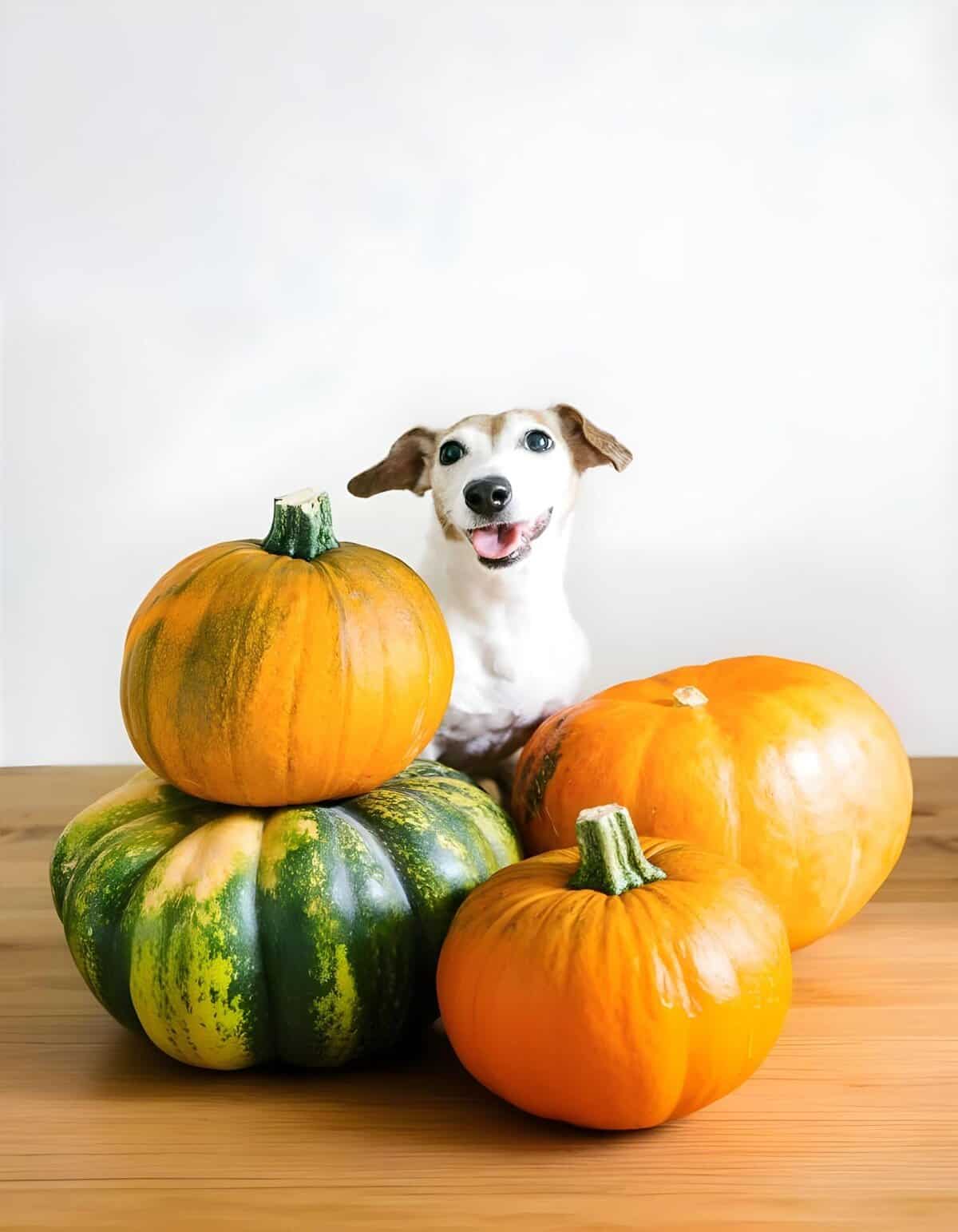
It’s crucial not to overdo fiber. Too much can cause bloating. Checking the fiber percentage on the food label will help. Aim for moderate fiber levels. If your dog is gassy, consider adjusting fiber intake. Again, a vet can provide guidance specific to your pet’s needs.
Chronic Issues and Long-Term Management
Sometimes, a dog’s gas problem can be more than just an occasional issue. Chronic farting might point to food sensitivities or other health concerns. Dogs with regular and frequent gas could have digestive disorders that need ongoing care. Possible chronic issues your dog might have include food allergies, inflammatory bowel disease, and gastritis.
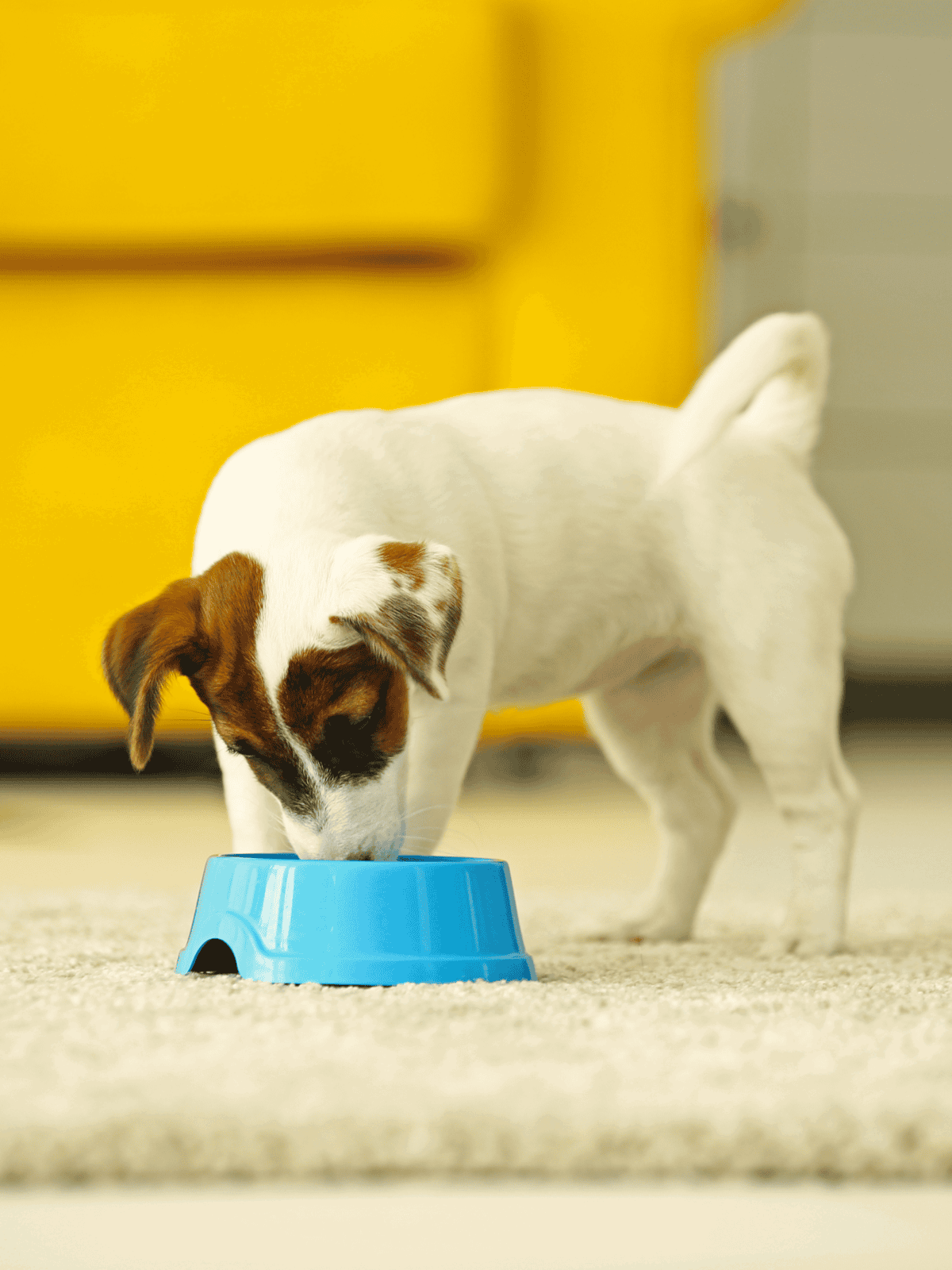
Veterinarians can suggest a suitable diet for dogs with these issues. A diet low in fat and easily digestible can help reduce gas. Regular check-ups are important to monitor and adjust the diet plan as needed.
Steps the owner can take to manage long term conditions include monitoring their dog’s diet and noting which foods trigger gas. Supplementing probiotics as this can aid in digestion, and incorporating daily exercise into their routine, regular activity improves digestion and reduces gas buildup.
